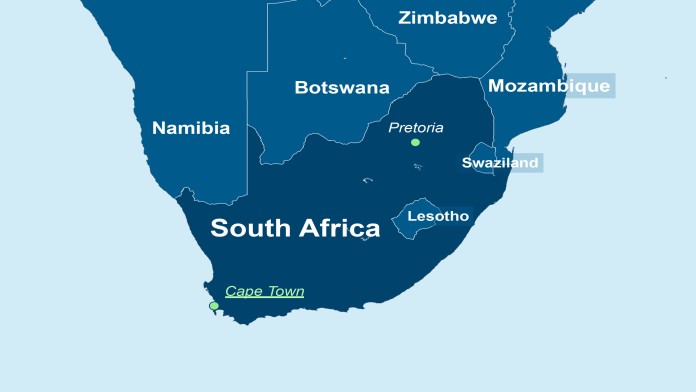
As of: 11/2022
The social and economic consequences of the apartheid are especially clear to see in modern South Africa. The weak economic growth of the last decade and the consequences of the COVID-19 pandemic have exacerbated the situation, especially in townships and informal settlements. Khayelitsha, a township just outside Cape Town, is the crystallisation point of these old and new problems: corrugated iron huts with no electricity or water and young people with no education or work – which is why criminality is ubiquitous. At the same time, Khayelitsha has become a place of hope for a better life and home. On behalf of the German Federal Government, KfW is working in consultation with the municipality of Cape Town, local NGOs and the population of Khayelitsha to provide new perspectives and reduce violence.
| Project title | Violence prevention in urban slums |
|---|---|
| Commissioned by | Commissioned by Federal Ministry for Economic Cooperation and Development (BMZ) |
| Country/Region | South Africa |
| Project partners | Cape Town city council |
Almost 2 million people live in the Khayelitsha Township, originally designed for 250,000 people, in the Cape Flats, on the far side of Cape Town’s world-famous Table Mountain. Corrugated iron huts with no sanitary facilities predominate, and there is no street lighting. Robbery, burglary, theft, rape and domestic violence are part of the life experience of many residents – the victims of which are often women and children. The former township exemplifies the major challenges of a rapidly urbanising South Africa. The name Khayelitsha means “New Home” in the local language IsiXhosa. In addition to the challenges of living in the former township, many people have found a new home in Khayelitsha. Together with the residents of the neighbourhood, the project implemented by KfW is intended to create new prospects.

To increase security, the Federal Republic of Germany financed urban development measures in the Khayelitsha township via KfW. It finances the construction of shopping centres, health centres, advice centres, cultural institutions and libraries. In addition, illuminated footpaths, sports facilities, public parks, public squares with water taps, and playgrounds were set up. Safety was a leading consideration in the construction of these facilities, so attention was paid to sight lines and open spaces, so that heavily frequented footpaths and public spaces are overseen by the society at large. This resulted in "safe node" areas, acting as islands of safety.
Cohesion within the community was also strengthened. The project contributed to training residents so that they can take on leadership and coordination tasks in their district. Now the population is actively involved in designing their neighbourhood. This strengthens participation and creates a sense of belonging. Care has been taken to ensure that many women are involved in the design and implementation
At its South African partners’ suggestion, KfW also financed a regional office in Khayelitsha to help victims of rape. The array of services it offers ranges from medical checks and trauma support through to the distribution of the morning-after pill and support with legal issues and police reports. Its teams patrol the neighborhood and are trained in supporting women after rape and referring them to the relevant authorities as quickly as possible.
The safe node areas are created exactly where the situation was most dangerous and where robberies and rape were common. The success of the programme is clear to see. In Harare, a part of Khayelitsha also covered by the programme, the murder rate fell by around 53% between 2006 and 2014.
Surveys also show that the population’s satisfaction with public services and infrastructure in the promoted areas of Khayelitsha is higher than in other areas of the township. The people in these area are less likely to be victims of crime in comparison. The general sense of security has also improved.
The project contributes to the achievement of these following United Nations Sustainable Development Goals: